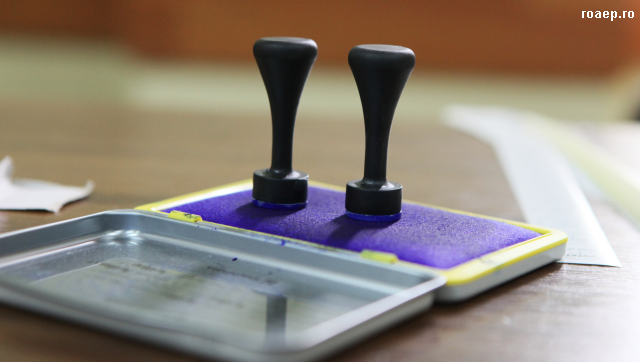Only 40% of Romanias over 18 million voters went to the polls on Sunday to choose their parliamentarians and half of them voted for left-of-centre Social Democratic Party (PSD). The Social Democrats got around 45 percent of the votes for both the Chamber of Deputies and the Senate, prompting the party leader Liviu Dragnea to feel entitled to claim the prime minister seat for his party. Romanians have expressed their choice clearly and their wish must be respected by the fundamental institutions of the state, said Dragnea:
“I want this stable democracy to be maintained in Romania without useless conflicts which means that the states fundamental institutions must understand and respect Romanians vote.”
The Social Democrats have outperformed the right-of-centre National Liberal Party (PNL), whose decline in the voters preferences, which started at the local elections this summer, has been confirmed in Sundays parliamentary elections.
With only 20 percent of the votes, the Liberals still hoped, on Sunday evening, in a miracle that would keep the technocratic prime minister Dacian Ciolos in place. This is what the Liberal leader Alina Gorghiu:
“Our objective to form a parliamentary majority and have Dacian Ciolos as prime minister is still in the cards. It depends a great deal on the final result, on the results of the other smaller parties, on whether they make it to Parliament or not.”
The smaller parties that Alina Gorghiu was referring to, namely the Save Romania Union (USR) and the Peoples Movement Party (PMP), have exceeded the 5-percent electoral threshold and will be part of the new parliament, but they cant change the maths. After their success in the local elections this summer, the Save Bucharest Union became the Save Romania Union (USR). Having won over 9 percent in Sundays elections, USR promises to become the competent and untainted alternative to the mainstream parties. The USR leader, Nicusor Dan, has said:
“A party made up of people who have not been involved in politics before makes it to Parliament for the first time after the revolution.”
Built around a number of Liberal dissidents led by former prime minister Calin Popescu Tariceanu, the Alliance of Liberals and Democrats for Europe (ALDE) will also be part of the new parliament and with their around 6 percent of the votes will support the Social Democrats to form the majority in parliament, in keeping with an agreement forged ahead of the elections.
Another party that made it to parliament is the People Movements Party (PMP) headed by the former president Traian Basescu, which won 5 percent of the votes.
A constant presence in Parliament, the Democratic Union of Ethnic Hungarians in Romania (UDMR) got over 6 percent of the votes. Party leader Kelemen Hunor has made not secret out of his partys wish to contribute to parliaments decisions:
“I hope that our parliamentary group will have a say in all decisions taken in parliament.”
No independent candidate has made it to parliament. Technically, Sundays elections reintroduced, after two rounds of uninominal voting, the party-list system. The postal voting, a total novelty in the history of elections in Romania, has been introduced for Romanians living abroad. In political terms, PSD and their ally, ALDE, are the clear winners.
The elections result puts President Klaus Iohannis in an uncomfortable position, with pundits wondering if he will give up the integrity principle he has been holding on to under pressure from the Social Democrats pressure. Ahead of the elections, Iohannis warned that he would not nominate a prime minister who had problems with the law, as Liviu Dragnea, whose name had been mentioned as prospective prime minister, received a suspended prison sentence for his involvement in the referendum for the impeachment of former president Traian Basescu.

